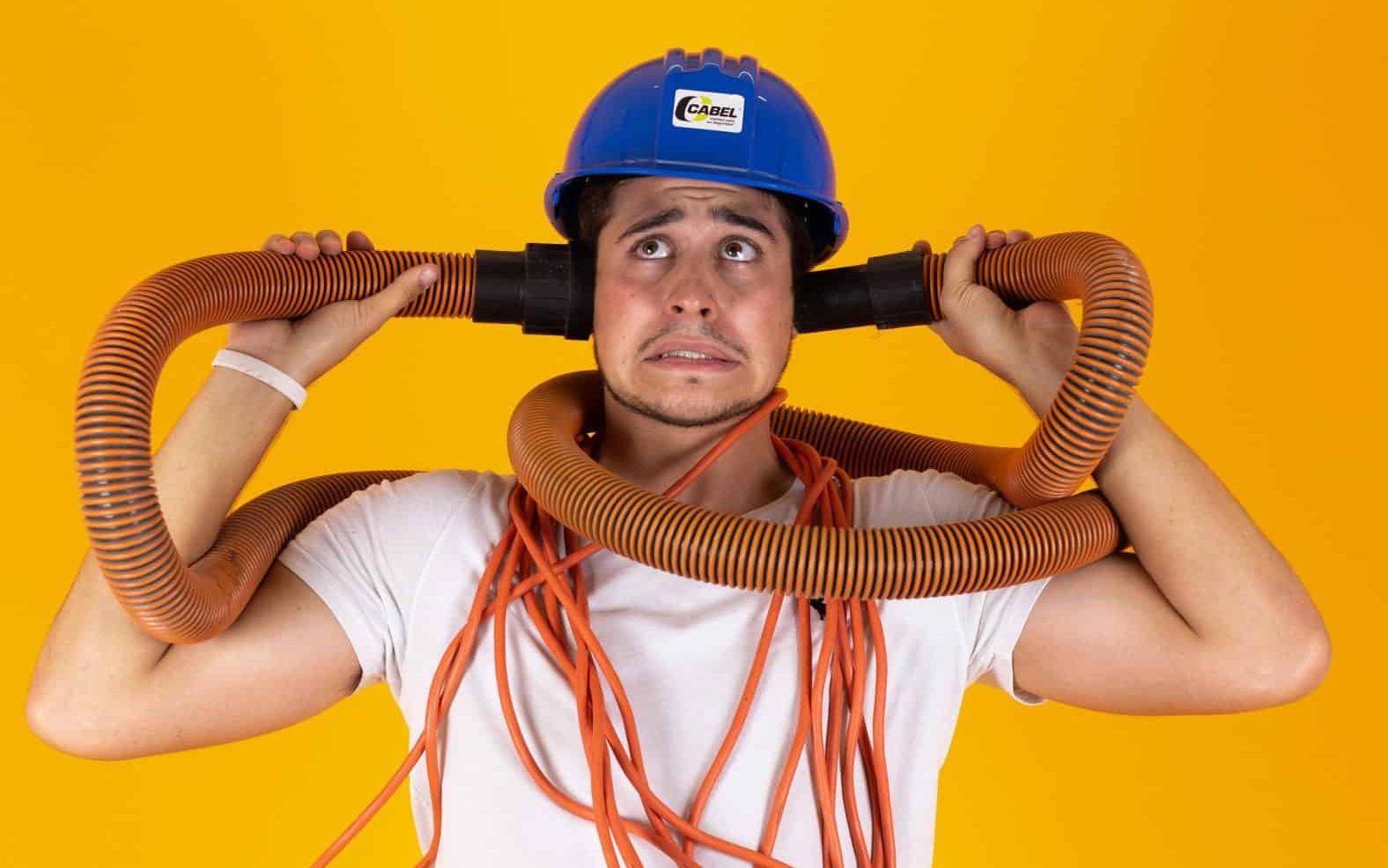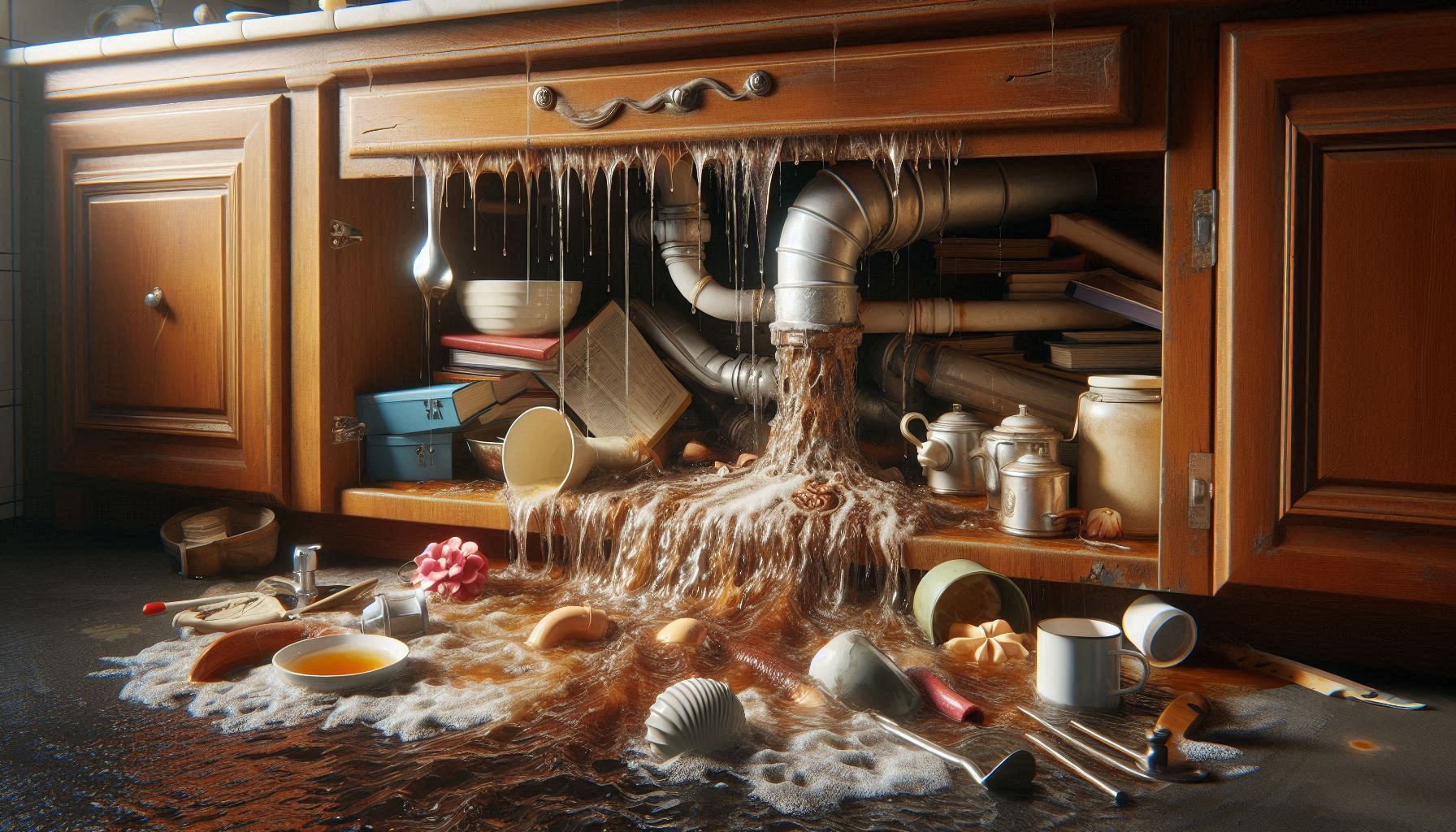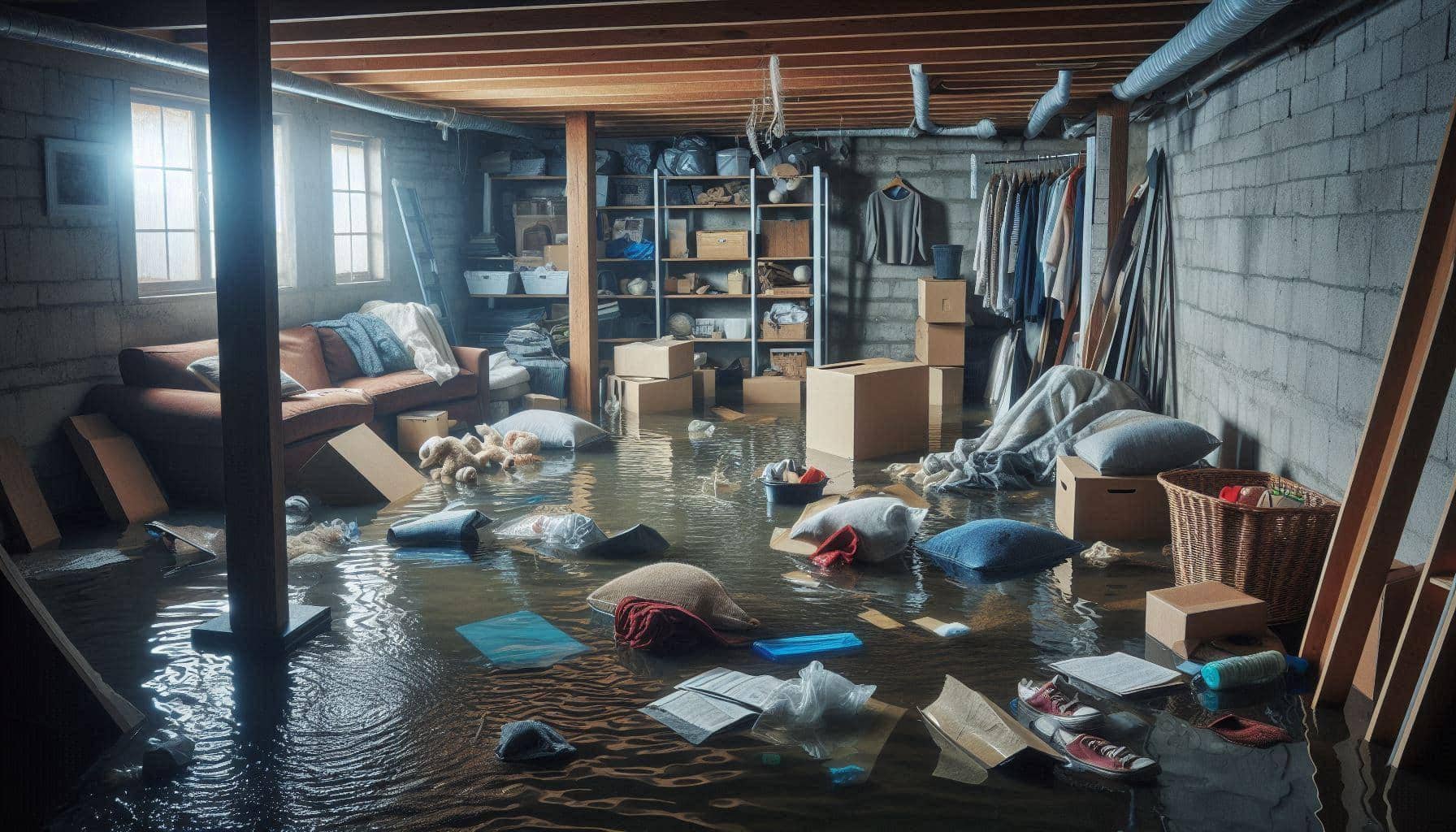Winter in Tennessee can bring some beautiful, snowy days, but it can also lead to…

7 Cons of DIY Plumbing: Why You Should Leave It to the Pros
Plumbing issues can be stressful, but many homeowners opt for DIY solutions to save time and money. While at first this might seem like a good idea, tackling plumbing problems on your own can lead to a host of complications down the road. Here are some reasons you should think twice before attempting DIY plumbing repairs and why it’s better to hire a professional plumber instead.
1. Risk of Further Damage
 One of the most significant dangers of DIY plumbing is the potential to worsen the issue. Even minor plumbing problems, such as a leaky faucet or clogged drain, can escalate if not handled correctly. Without the right tools and expertise, it’s easy to cause more damage. A burst pipe, for example, could lead to costly water damage to your home, which would far outweigh any initial savings from doing it yourself.
One of the most significant dangers of DIY plumbing is the potential to worsen the issue. Even minor plumbing problems, such as a leaky faucet or clogged drain, can escalate if not handled correctly. Without the right tools and expertise, it’s easy to cause more damage. A burst pipe, for example, could lead to costly water damage to your home, which would far outweigh any initial savings from doing it yourself.
2. Lack of Proper Tools
Professional plumbers are equipped with specialized tools that the average homeowner likely doesn’t have on hand. Tools like pipe wrenches or camera systems for inspecting pipes can make a big difference in diagnosing and fixing plumbing issues effectively. Without the right equipment, you risk doing a subpar job, which could result in leaks, blockages, or even more significant plumbing failures.
3. Time-Consuming
What may seem like a quick and easy fix can turn into a time-consuming task, especially if you don’t have the needed skills or experience. DIY plumbing projects often take longer than expected, and this could disrupt your daily routine by prolonging the time it takes to reach a resolution. Hiring a professional plumber allows you to get the job done quickly and efficiently, without the stress of trying to figure it out on your own.
4. Potential for Personal Injury
 Plumbing repairs often require working in tight spaces or handling heavy materials. Without proper training, you could end up injuring yourself. Lifting a heavy water heater, for example, can cause back strain, and using power tools without knowing how to operate them safely could lead to cuts, burns, or even electrical shocks. A professional plumber is trained to handle these risks and will ensure the job is done safely.
Plumbing repairs often require working in tight spaces or handling heavy materials. Without proper training, you could end up injuring yourself. Lifting a heavy water heater, for example, can cause back strain, and using power tools without knowing how to operate them safely could lead to cuts, burns, or even electrical shocks. A professional plumber is trained to handle these risks and will ensure the job is done safely.
5. Code Violations and Legal Issues
Plumbing systems must adhere to strict local plumbing codes, like requesting permits before beginning work on a plumbing system. Improperly installed or repaired pipes can violate these codes, leading to potential fines or legal issues. For example, an incorrectly installed water heater could cause a safety hazard or fail an inspection when you try to sell your home. A licensed plumber is familiar with the codes in Chattanooga, and will ensure your repairs meet local regulations.
6. Insurance Risks
Many homeowner insurance policies may not cover damages caused by DIY plumbing projects. If a DIY plumbing repair goes wrong and causes significant damage to your home, your insurance company may refuse to cover the costs, leaving you to take care of the bill. When you hire a licensed plumber, their work is typically insured, providing you with the peace of mind you deserve.
7. No Warranty or Guarantee
When you attempt DIY plumbing repairs, there’s no guarantee that the issue will be fixed properly or that the solution will last. Professional plumbers, like those at Patriot Services, offer warranties on their work, which means if a problem resurfaces, they’ll fix it at no additional cost to you.
Take the Stress Out of Plumbing Repairs
While DIY plumbing might seem appealing, it’s important to consider the potential risks and drawbacks. Hiring a professional plumber from Patriot Services ensures the job is done right the first time, saving you money, time, and frustration. For all your plumbing needs in Chattanooga, trust the experienced team at Patriot Services to handle the job safely and efficiently. Call us at (423) 498-2619 or fill out a contact form to schedule an appointment today.
Let the Experts Repair Your Heater
* Indicates Required Question
"*" indicates required fields


